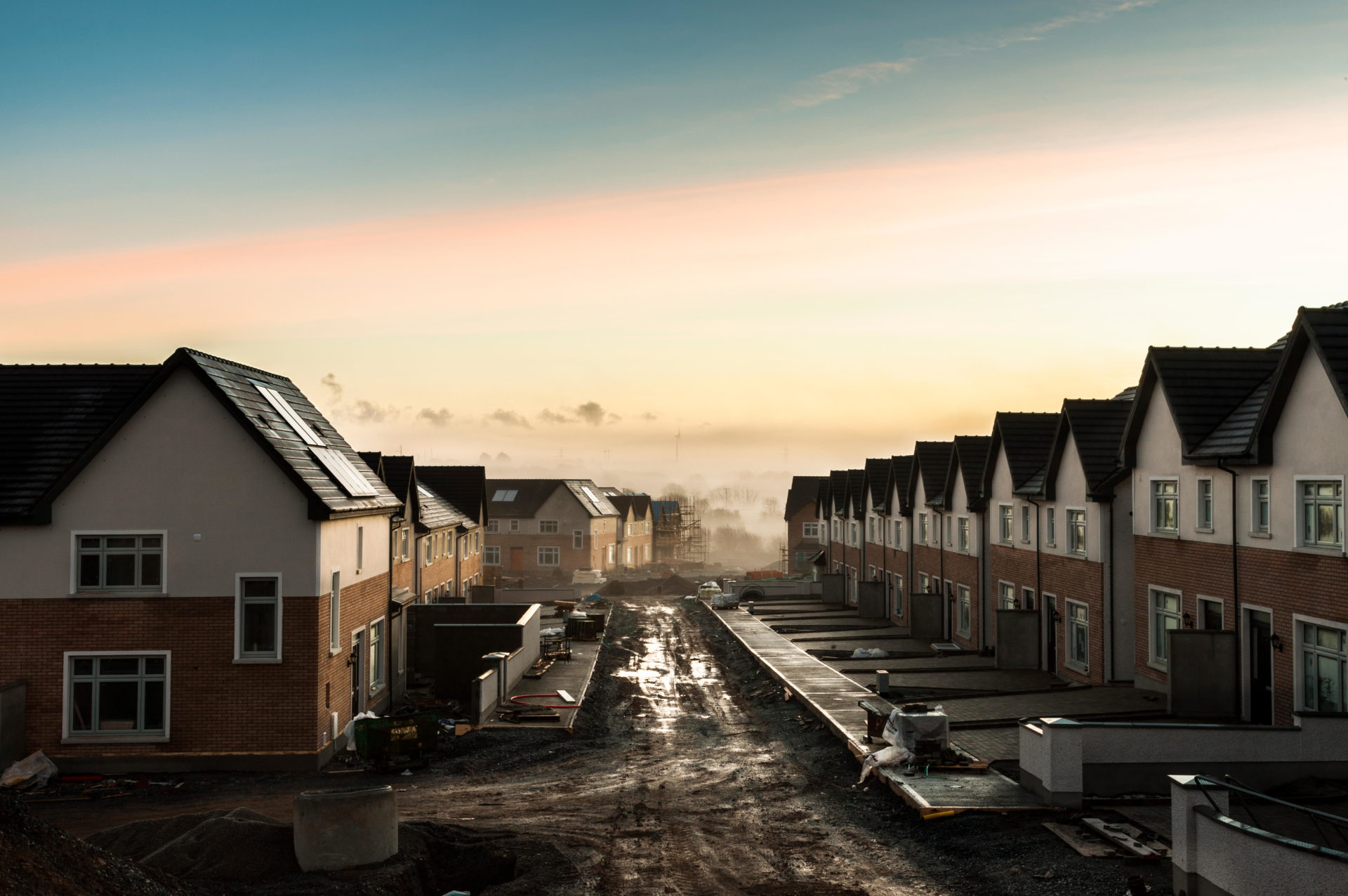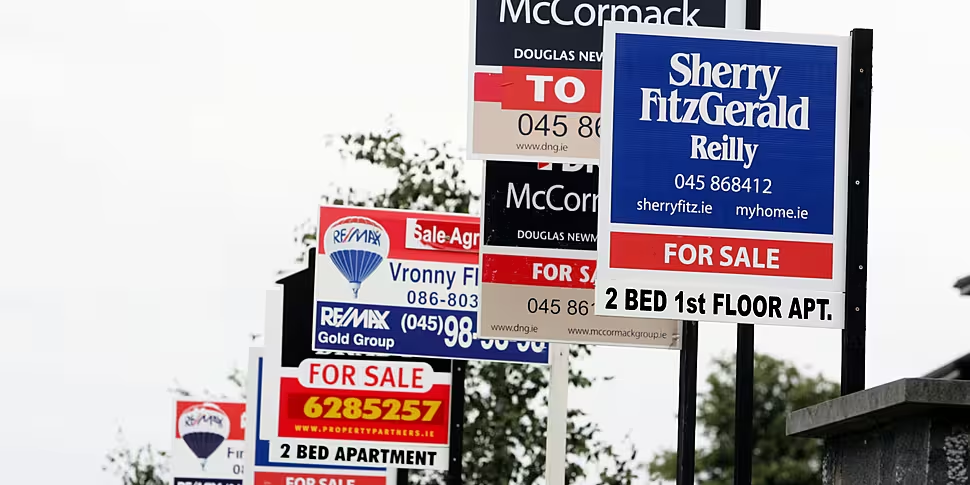Irish house prices are likely to keep rising even if there is an interest rate cut by the European Central Bank this summer.
Irish house prices have increased risen by 6.1% in the year to February, according to new data from the Central Statistics Office (CSO).
The highest house price growth in Dublin was in Dublin City at 7.7% while Fingal saw a rise of 4.5%.
Outside Dublin, house prices were up by 6.3% and apartment prices rose by 9.1%.
 Residential Property Price Index 12 month % change. Source: CSO
Residential Property Price Index 12 month % change. Source: CSOThe head of the Central Bank Gabriel Makhlouf told CNBC yesterday that he expects an interest rate cut from the European Central Bank (ECB) in June.
Financial analyst Karl Deeter told The Pat Kenny Show the Irish case is a little different.
"As interest rates fall on one side property prices rise, then they start to raise interest rates and that causes the property prices to fall," he said.
"That's usually how it works [but] what we've seen is actually the interest rates and property prices rose almost in tandem with one another.
"It's like discussing the price of water in the desert: the rules break in certain circumstances."
Demand
Mr Deeter said a situation like this will likely continue as long as demand outstrips supply.
"In our circumstances at this moment in time the effect of raising interest rates to make those property prices fall it just doesn't seem to have been very effective," he said.
"When you have too much demand it doesn't make a difference because people still need somewhere to live.
"The same as if you were in the dessert - you still have to drink water no matter what the price.
"Although we're building more houses than ever there's a rump that we have to get past and then start to build enough houses".
 A housing estate under construction. Image: David Creedon / Alamy
A housing estate under construction. Image: David Creedon / AlamyIn the last year households paid a median price of €330,000 for a residential property.
Mr Deeter said average house prices being much higher than average earnings is not just an Irish issue.
"When you look at where incomes are and where house prices are they're out of kilter," he said.
"That is not a specifically Irish problem.
"There's also then the greater question that interest rates long-term are generally at a lower point than they used to be in the past.
"So the cost of ownership against what you earn, if you're using a mortgage to buy a property, that also is something that needs to be looked at."
Mr Deeter said people should remember "about a third of the house price is actually built up of tax".
"So one of the biggest beneficiaries of rising house prices [is] the Government.
"Do you want to have affordable houses or do you want to have more tax?"
The lowest median price for a house was €165,000 in Leitrim, while the highest was €620,000 in Dún Laoghaire-Rathdown.









